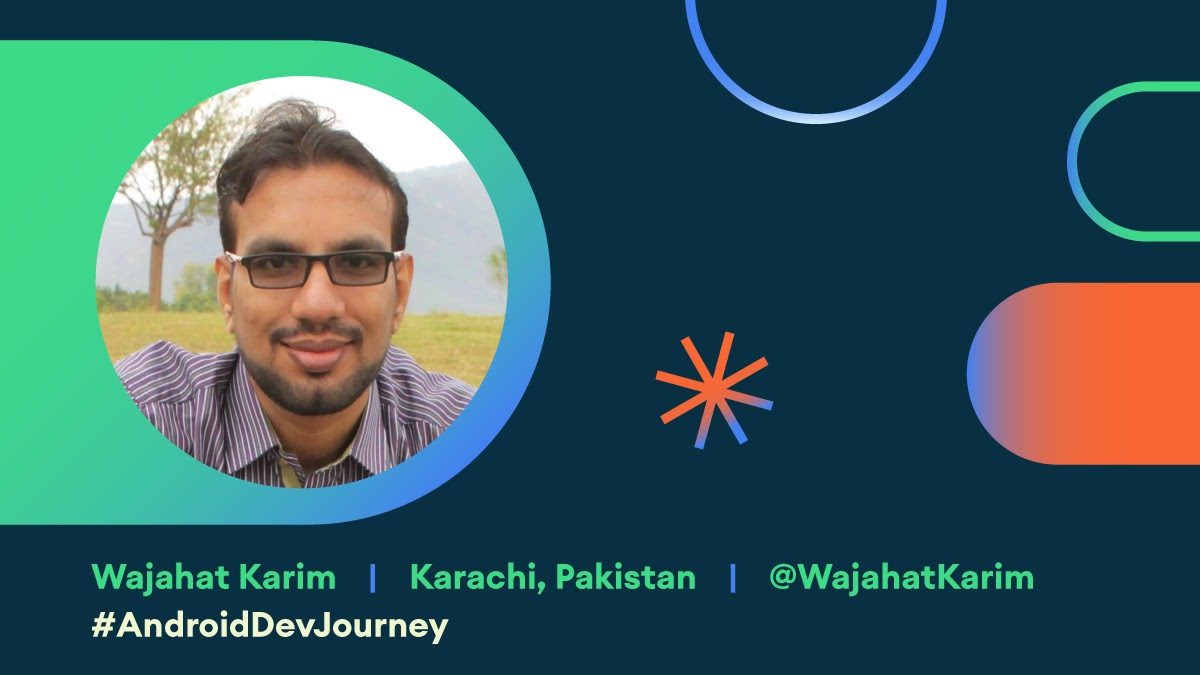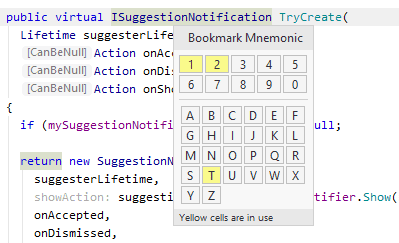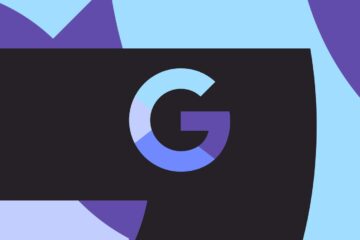
Posted by Luli Perkins, Developer Relations Program Manager
For the March edition of #AndroidDevJourney, we’re highlighting Android developers from all over the world with many different experiences. Early this year, we launched the #AndroidDevJourney series to highlight our community on our social media accounts. Each Saturday, from January through June, we’ll feature a new developer on our Twitter account.
For a chance to be featured in our April spotlight series, tweet us your story using #AndroidDevJourney.
Wajahat Karim
Tell me about your journey to becoming an Android Developer and how you got started.
Since the age of 14, I was very interested in animations and graphic design. I used to watch advertisement animations or cricket match animations of player profiles on TV and wonder how I could create these. Later that year, when my sister purchased our home’s first PC, I started learning Microsoft Paint and later Adobe Flash. I worked on Flash for about 11 years throughout high school, University, and my first three jobs in game development.
Game development was and has been my first love in computer science. But, Android became something special for me. It was NOT love-at-first sight because I hated Android when I first learned about it. I still don’t know why. Coming from a poor family background, I got a fully-funded scholarship through Prime Minister ICT R&D Scholarship Program and enrolled in National University of Engineering & Technology (NUST), SEECS Islamabad campus.
In my 3rd semester, Android was at 2.2 Froyo. A company organized a workshop at our campus which was attended by high-level tech folks like CTOs, software architects, and lead engineers. University management decided to send three students to attend that workshop and I was lucky enough to be one of them. In simple words, the whole 3-days workshop was over my head. I was a newbie in C++ programming and didn’t know anything about Java. And here I was trying to learn high-level Android.
After the workshop, I decided that Android was not for me. However, the university announced an open programming competition for any technology. But they gave extra points for Android submissions. This was my calling. In greed of those extra points, I took up the challenge. I borrowed the only Android book “Hello Android” from my teacher, Sir Shamyl bin Mansoor, and tried to learn as much as I could. Somehow, I managed to submit my first Android app which I showcased on a borrowed laptop with a very slow emulator of Android 2.2. To my surprise, I won it and got Rs. 100,000 prize money. First thing I bought was an Android phone and my journey started.
I started writing about it in a WordPress blog, organized workshops in different universities, made my final year project a 3D game in Adobe Flash, and AIR deployed on a Samsung Galaxy 10 tablet which had a new Android 4 Holo theme and the great Fragments.
After graduation, I got an opportunity from PacktPub (a book publishing company) to write a full book on Android. This was the best achievement I ever received. I managed to co-author two worldwide published 300+ page books (Learning Android Intents & Mastering Android Game Development) on Android in the following two years.
Having about seven years industry hands-on experience in Android development, I spend a lot of time on writing and sharing my knowledge with the community. I mostly write on my website and on Medium. Besides writing, I have been active in open source and have created some Android libraries like EasyFlipView, Room Explorer, etc.
In 2017, I started doing public speaking again. At first, it was a little tough to manage time while working a full-time job and freelance contracts, but it was worth it. I got more and more active in speaking and gave talks at events like Google IO Extended Karachi & Hyderabad in 2018 and 2019, DevFest 2019 Karachi, Pakistan’s first DSC Summit, Kotlin Everywhere 2019, and other local events.
From these events, Sami Kizilbash noticed me and nominated me for becoming a Google Developers Expert. It was a tough time because of a serious medical situation with my father at that time, but a year later in February 2020 I became Pakistan’s first Google Developers Expert in Android. I never thought that I would be a GDE in a field like Android. It is a big honor and achievement for me, along with a feeling of responsibility to help the community in a better way now. Android development has been my life fuel, career, brought bread for me and my family and happiness in developing and delivering more than 100 apps. With more than 2.5 billion Android devices today, this is an excellent career choice with high growth and potential for upcoming students and developers.
My GDE journey has been a fantastic one. I have enjoyed every moment of it, all the love I got from Google and fellow GDEs – including Joe Birch who actually inspired me to become GDE, Hasan Abid, Saurabh Arora, and Juhani Lehtimaki, and Saad Hamid who also helped me through the process. In all the chaos of 2020, it was a very talkative year for me, as I did 25+ online talks on Jetpack Compose animations concepts.
What’s one shortcut, tip, or hack you can’t live without?
I simply love how Mnemonic Bookmarks make code navigation so much faster and easier. When you are working on a large codebase, it becomes harder to remember which method was where and what was happening in another Fragment. Simply, press Ctrl + F11 and choose any number or character, let’s say 1. Now, when you press Ctrl + 1, Android Studio will bring you back on that exact line.
What’s the one piece of advice you wish someone would have given you when you started on your journey?
The Computer Science and Information Technology industry is changing and updating minute by minute. No matter what stage of your career you are at, you have to keep learning and updating your skillset. Android is moving at lightspeed, with alpha beta releases rolling out on a regular basis. So, it has become harder to catch up and learn. So, get a Twitter account, and follow the folks of #AndroidDev and you will be amazed how friendly the Twitter developer community is. You will learn new things every single day while scrolling the Twitter feed. And most importantly, don’t forget to give back to the community. It could be through retweeting, or sharing your own code snippets, or writing articles, creating videos, or giving talks. In the end, you will see the more you give to the community, the more you gain back. So, it’s all worth it.
Himanshu Singh
Tell me about your journey to becoming an Android Developer and how you got started.
My journey started from my college days. I got selected as an Applied CS facilitator for Android by Google in my second year of university. Because of this, I had to take sessions and help students complete a set of tasks as part of Bootcamp. In my college days I was not very good at Android, so when the opportunity came I took it upon myself to gain some knowledge of Android and then help people with their tasks. Learning to build apps that would be used by a lot of people helped me choose Android as a career. And that is how my journey to become an Android developer started.
What’s one shortcut, tip, or hack you can’t live without?
I like to use the Macro shortcut in Android Studio.
What’s the one piece of advice you wish someone would have given you when you started on your journey?
As a beginner in any domain, not just Android, please keep asking questions on how to improve and learn from people in the community. Some of them might not answer your queries but a handful of them might. And in this way, you can learn and grow from their experience and when the time is right, you might be able to help someone in the coming future. This is the key to success!
Oluwasegun Famisa
Tell me about your journey to becoming an Android Developer and how you got started.
My journey in becoming an Android Developer started in 2010, my second year of university when I had the opportunity to participate in a program called “Entrepreneurial Programming and Research on Mobiles” (EPROM). It was a collaboration between MIT and Nokia, and my university was one of the campuses that ran the program. I did not study computer science, so the program was my first exposure to software development. I learned how to build J2ME apps and got exposure to different mobile technologies at the time.
Shortly after the program, I got a work-study opportunity at iQube Labs, where my mentor – James Fowe, who was building a mobile developer community in Nigeria – sent me a bunch of resources and tasks for me to learn how to build Android apps. The Android OS around 2010 was Android Froyo and that was the operating system on which I ran my “Hello world” on Android. Within the next year, I found myself building actual apps on Android Gingerbread.
I have since worked as an Android Developer in different companies ranging from small to mid-sized startups with millions of users, to publicly traded companies, all across many countries. I’ve had the opportunity of working with very brilliant folks that have contributed to my growth and learning.
My journey is not complete without talking about the developer community. I consider myself a product of the community and that’s why I try to give back every now and then when I have the opportunity.
I started getting involved in the developer community at my university – through various student groups, including my local GDG group then co-organized by Moyinoluwa Adeyemi (an Android GDE). I attended meetups and participated in developer challenges and hackathons.
Becoming a GDE for Android is a career milestone I never saw coming. It started in 2016 when John Kimani (Google DevRel manager for SSA) toured my office and we ran into each other at the door. I wasn’t prepared enough to become a GDE the first time my profile was reviewed, but with feedback, guidance, mentorship and hard work, I became an Android GDE in 2018.
I’m grateful to have had the opportunity to travel to so many countries around the world and meet members of the global Android Developer community. I’ve also given talks at conferences and meetups; including DevFests, Droidcon (Nairobi, Dubai, Berlin, Boston), and 360AnDev, to mention a few, about topics I enjoy – Kotlin, Design Systems, Jetpack Compose, and Developer Productivity Engineering.
What’s one shortcut, tip, or hack you can’t live without?
That’s such a tough one, but I’ll say my favourite AndroidDev tip right now is: use the Android code search tool – https://cs.android.com – and Android API documentation as often as possible. (See also: https://androidsrc.dev/)
The two resources have helped me in answering the “why is this not working” question and understanding what’s happening under the hood. A lot of times, I need to really understand what the Framework function I’m calling does, and the answer is almost always in the documentation or in the source code.
What’s the one piece of advice you wish someone would have given you when you started on your journey?
I’ll give two for the price of one:
- Structure and consistency are important when learning. One can’t possibly know everything, but one can try with enough of these two ingredients. Structured learning is becoming more and more accessible these days than it was, so one should take advantage of it, consistently – through codelabs, or courses and the likes.
- Get used to reading official documentations and official source codes. This is a valuable and transferable skill regardless of the technology one works with, so I would advise not to shy away from it.
Karolina Pawlikowska
Tell me about your journey to becoming an Android Developer and how you got started.
From a young age, I’ve always loved science fiction books and movies – I always had a gut feeling that whatever career path I went down, it would have something to do with computers. Programming quickly became my favourite creative outlet – it started with creating websites and apps when I was 11, mainly as a way to enhance my other passions such as drawing and making puzzles for my friends.
I got my first Android phone when I was in high school and immediately knew it would open a whole new world of opportunities for me, so I picked up a few books and found a few online tutorials which got me started with code on my phone running Android 2.1 Eclair.
My first app was a flashcards maker. I needed something like that to help me learn English and I couldn’t find anything online – so I made my own!
Thanks to a few of my passion projects, including a flashcard maker app, I managed to quickly land a job as an Android Engineer while I was still completing my Computer Science degree at university. I then tried working across a few other areas in software engineering, but ultimately, Android was always my favourite and ended up becoming my specialty!
What’s one shortcut, tip, or hack you can’t live without?
It’s not quite a hack, but I honestly don’t know how I lived before ConstraintLayout became a thing! Oh – and Android Weekly’s mailing list, definitely one of the best ways to get all of the relevant news and tutorials in the Android world delivered directly to you every Monday!
What’s the one piece of advice you wish someone would have given you when you started on your journey?
Looking back, I definitely recommend putting effort and being really intentional about seeking out other Android engineers around you. Once I started proactively attending meetups and working with other engineers, my skills and knowledge grew exponentially. Collaborating and bouncing around ideas has always been my favourite way to find creative and innovative solutions to problems I’m working on.








